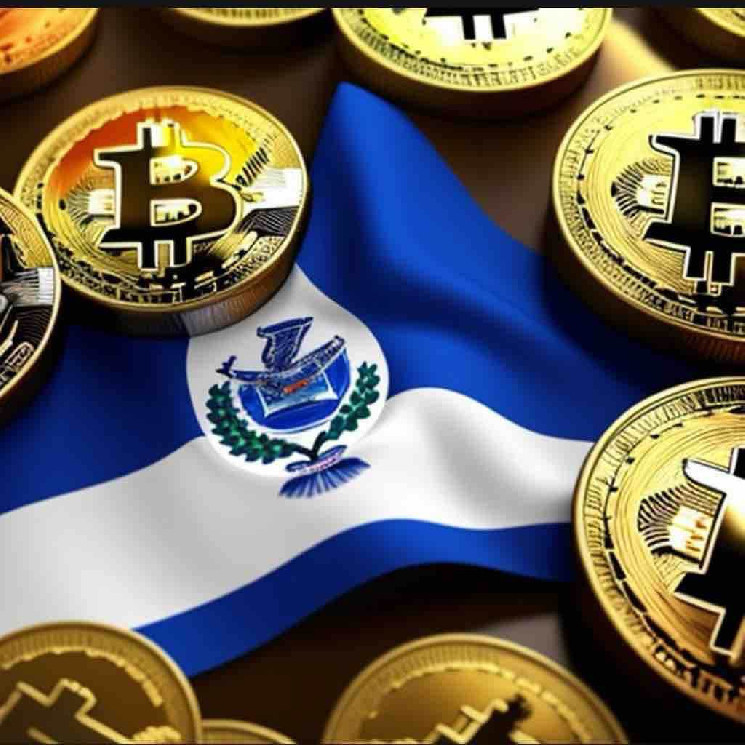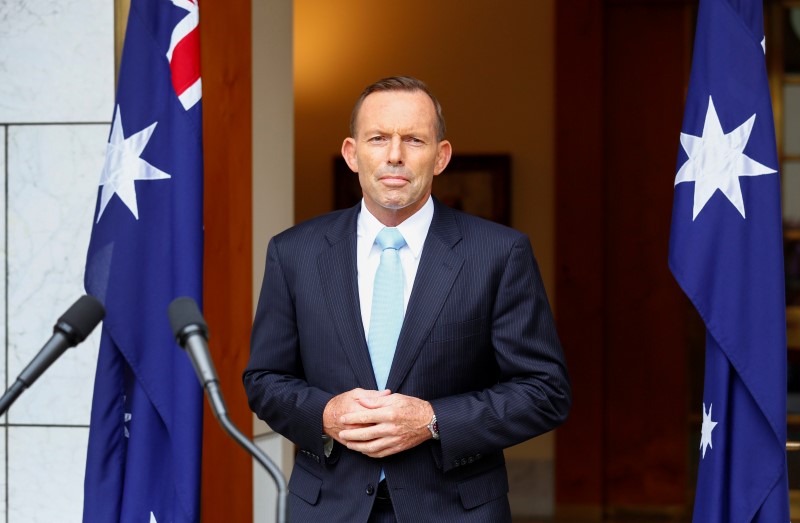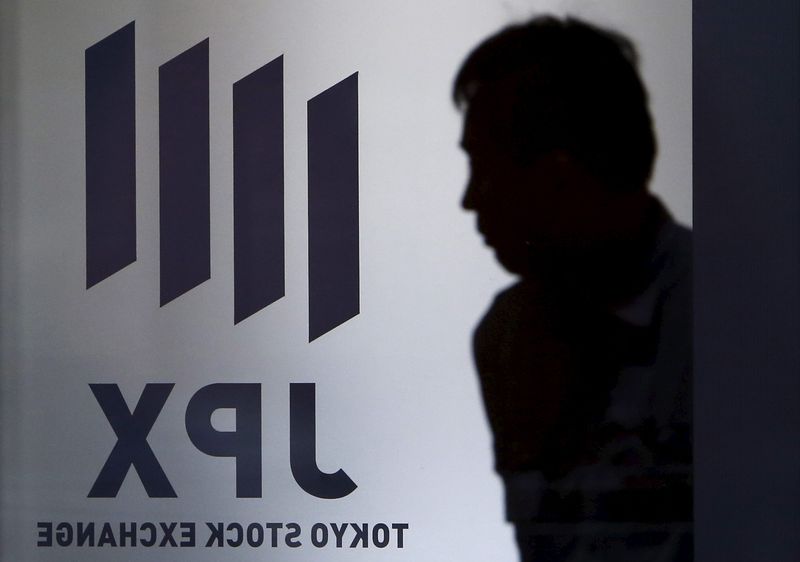El Salvador’s Congress has passed a migration law granting expedited citizenship to foreign investors making Bitcoin donations to government development programs. The reform is backed by President Nayib Bukele’s New Ideas party.
Bitcoin “donations” for citizenship
The unicameral legislature approved the reform without specifying a minimum Bitcoin donation requirement. The law emphasizes the “vital interest” of President Bukele’s development projects, attracting “altruistic foreigners” eager to support El Salvador’s economic, social, and cultural growth through Bitcoin contributions.
This unprecedented approach allows eligible foreign investors to sidestep the standard naturalization process, which requires five years of permanent residence for non-Spanish speakers or two years for those married to Salvadoran citizens. The lack of a defined donation threshold adds a layer of ambiguity to this citizenship-for-crypto initiative.
El Salvador’s adoption of Bitcoin as legal tender has faced challenges, including slow implementation and limited usage. While some foreign Bitcoin promoters have relocated to the country, the broader impact on the economy remains uncertain.
President Bukele’s push for a digital currency agenda comes amidst efforts to secure a new financing program with the International Monetary Fund (IMF). However, the IMF has expressed concerns about the risks associated with El Salvador’s embrace of Bitcoin, complicating negotiations for financial support.
Controversially, Bukele is seeking re-election despite potential constitutional constraints prohibiting consecutive terms. In 2021, El Salvador’s top court, appointed by Congress, ruled in favor of Bukele’s eligibility for re-election, drawing international condemnation, including from the United States.
International scrutiny and economic realities
The law’s passage coincides with President Bukele’s bid for re-election in the upcoming February 4th election. The international community closely watches El Salvador’s unconventional approach to citizenship and its reliance on Bitcoin, especially considering the ongoing negotiations with the IMF.
The country’s economic challenges, coupled with the IMF’s reservations, paint a complex picture of El Salvador’s future. As Bukele navigates domestic and international pressures, the implications of tying citizenship to Bitcoin donations will undoubtedly spark further debates on the evolving intersection of finance, governance, and cryptocurrency.
Overall, El Salvador’s legislative move reflects an unprecedented marriage of cryptocurrency and citizenship, raising eyebrows globally. The lack of a defined minimum donation requirement and the IMF’s cautious stance add layers of complexity to an already controversial policy, leaving the world to ponder the potential consequences for El Salvador’s economic and political landscape.







